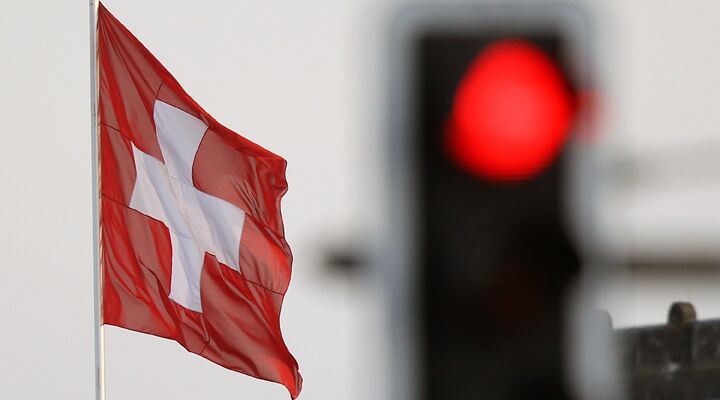
Switzerland Rejects EU Immigration
Switzerland and Britain both consider themselves slightly separate from the rest of Europe. The English Channel and Swiss Alps provide each with a physical barrier. Neither signed up for the EU at first. Britain changed its mind and joined in 1973. The Swiss instead developed its own close relationship with the EU, signing up to many of its initiatives without actually joining. Neither are completely happy with the relationship. So on a referendum held February 9, the Swiss voted to impose quotas on the number of EU residents moving into the country.
Switzerland’s agreement to allow an unlimited number of EU nationals to move freely into Switzerland, and vice versa, is a key part of its relationship with the EU. It was part of a whole bundle of agreements that specifically states that if Switzerland rejects one part, it rejects them all.
But Swiss voters were so fed up with unlimited EU immigration that they chose to jeopardize their relationship with the EU and vote against all the major parties in the referendum—though the vote was very close, the winning side had 50.3 percent.
Switzerland’s right-wing Swiss People’s Party (svp) claims that 10 times more EU citizens moved to Switzerland than expected, and its public services can’t keep up.
Britain is hosting exactly the same debate—unlimited migration is also one of the most disliked parts of EU membership.
These two countries are among the most extreme examples of a wave of dissatisfaction with the EU that is sweeping across the Continent.
So Britain, and other Euroskeptics, will closely watch what happens next. It would be in the EU’s best interests to let Switzerland make whatever changes it wants to its immigration treaties, and leave the other parts of the relationship unchanged. If the EU punishes Switzerland by canceling their other agreements, it would be cutting off its nose to spite its face—the EU would lose as much as Switzerland, if not more.
On the other hand, EU officials worry that if Switzerland is able to get rid of the bits of its relationship with the EU that it doesn’t like, Britain will try to do the same.
Either way, unpopularity of the EU is growing—Swiss voters, who can easily call for referenda, are the ones that can most easily express their displeasure.
Ultimately, the EU will be whittled down to an inner core of 10 nations or groups of nations—a core that will not include Britain. For more information on what to expect from the EU, see our article: “EU Membership: A Defining Moment Approaches for Britain.”
